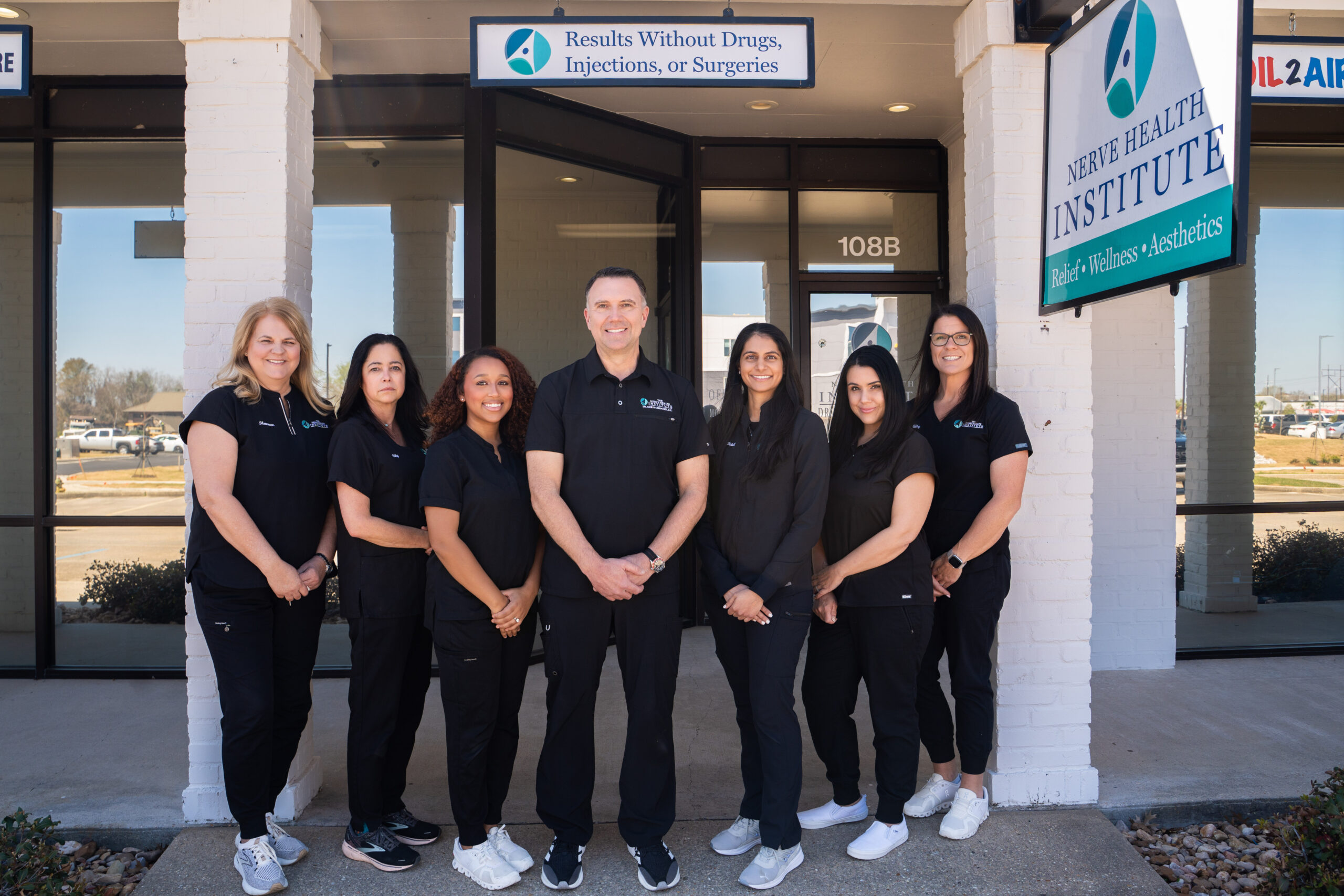Regenerative medicine is a rapidly growing field that offers innovative treatments aimed at repairing or replacing damaged tissues and organs. By utilizing the body’s natural healing mechanisms, this medical approach has the potential to revolutionize healthcare. However, while regenerative medicine presents many benefits, it may not be suitable for everyone. This essay explores the key aspects of regenerative medicine, its potential benefits, risks, and considerations to determine if it is the right choice for an individual.
Understanding Regenerative Medicine
Regenerative medicine encompasses a range of therapies, including stem cell treatments, tissue engineering, gene therapy, and platelet-rich plasma (PRP) therapy. These approaches focus on stimulating the body’s own ability to heal itself. Stem cell therapy, for instance, involves using stem cells to regenerate damaged tissues, while PRP therapy uses concentrated platelets to promote healing in joints and soft tissues. Gene therapy aims to correct genetic disorders by modifying DNA, and tissue engineering works to create artificial organs and tissues for transplantation.
Potential Benefits of Regenerative Medicine
One of the primary advantages of regenerative medicine is its potential to provide long-term solutions rather than temporary relief. Unlike traditional treatments that focus on managing symptoms, regenerative therapies aim to address the root cause of medical conditions. For individuals suffering from chronic pain, joint degeneration, or injuries that do not heal easily, regenerative medicine can offer hope for recovery. Additionally, these therapies often reduce the need for invasive surgeries, minimizing risks associated with anesthesia and prolonged recovery times.
Moreover, regenerative medicine has shown promise in treating conditions such as osteoarthritis, spinal cord injuries, cardiovascular diseases, and even neurodegenerative disorders like Parkinson’s disease. For patients who have not responded well to conventional treatments, regenerative therapies may offer an alternative path to healing and improved quality of life.
Risks and Limitations
Despite its promising potential, regenerative medicine also comes with risks and limitations. Since many of these treatments are still in the experimental or early clinical stages, their long-term effects remain uncertain. Some therapies, such as stem cell treatments, may carry risks of immune rejection, infection, or unintended tissue growth. Additionally, the high cost of regenerative procedures can be a significant barrier for many individuals, as most treatments are not yet covered by insurance.
Another challenge is the regulatory landscape surrounding regenerative medicine. While some therapies have been approved by regulatory bodies like the FDA, others remain unproven or are offered by clinics with little oversight. Patients must exercise caution and conduct thorough research before undergoing any regenerative treatment to ensure they receive safe and effective care.
Is Regenerative Medicine Right for You?
Determining whether regenerative medicine is the right choice depends on several factors, including the specific condition being treated, the availability of evidence-based therapies, and an individual’s overall health status. Those who have exhausted conventional treatment options without success may find regenerative medicine to be a worthwhile consideration. However, it is crucial to consult with qualified medical professionals and seek treatments from reputable providers.
Additionally, individuals should weigh the costs and potential risks against the expected benefits. If a treatment lacks sufficient scientific backing or poses significant risks, it may be prudent to explore other alternatives before committing to regenerative therapy.
Regenerative medicine holds great promise for transforming the future of healthcare by offering innovative solutions for tissue repair and disease treatment. While it provides hope for many patients, it is not a universal solution. Understanding the benefits, risks, and current state of regenerative therapies is essential for making an informed decision. Consulting with medical experts, staying informed about ongoing research, and considering personal health needs are crucial steps in determining if regenerative medicine is the right choice for an individual.



